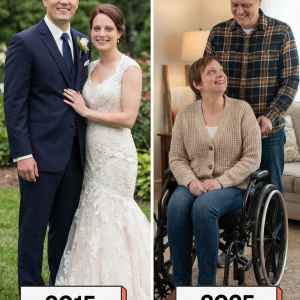A few years back, I married into a family that had more wealth than I’d ever known—but that wasn’t what drew me in. What really touched me was the warmth, the sense of belonging I’d been missing for years. Growing up, my life was modest, middle-class. After my mom passed, it felt like a piece of me was missing, a quiet ache that never really went away.
Then came Gloria—my husband’s mother. She never tried to replace my mom, but she filled that emptiness in ways she probably never realized. She had this rare kind of grace—quiet, grounded, and effortlessly kind. She’d make everyone around her feel seen, whether it was the cashier at the grocery store or the neighbor who’d just lost their job. Her warmth didn’t ask for attention; it just radiated. To me, she became something I didn’t even know I needed—a second mother.

Last winter, I’d admired the stunning dark wool coat she was wearing—simple, elegant, perfectly her. I told her she looked beautiful in it, and without a word, she slipped it off and draped it over my shoulders. “It’s yours now,” she said with that familiar, serene smile. I protested, embarrassed, but she waved me off like it was nothing.
I assumed it might’ve cost a few thousand at most—absurd in my world, but not for hers. Later, though, my niece—ever the social-media detective—looked it up and blurted, “That’s a fifteen-thousand-dollar coat!” I nearly spilled my coffee. From then on, I treated it like a sacred heirloom, only wearing it on special occasions. It wasn’t about the price anymore; it was about her. The coat became a piece of Gloria I could still hold onto.
Then, suddenly, she was gone. Heart failure. No warning, no time to say goodbye. Her passing hit us like a storm—especially my husband, but for me too. That coat became my comfort. Every winter breeze that brushed against it felt like a hug from her.
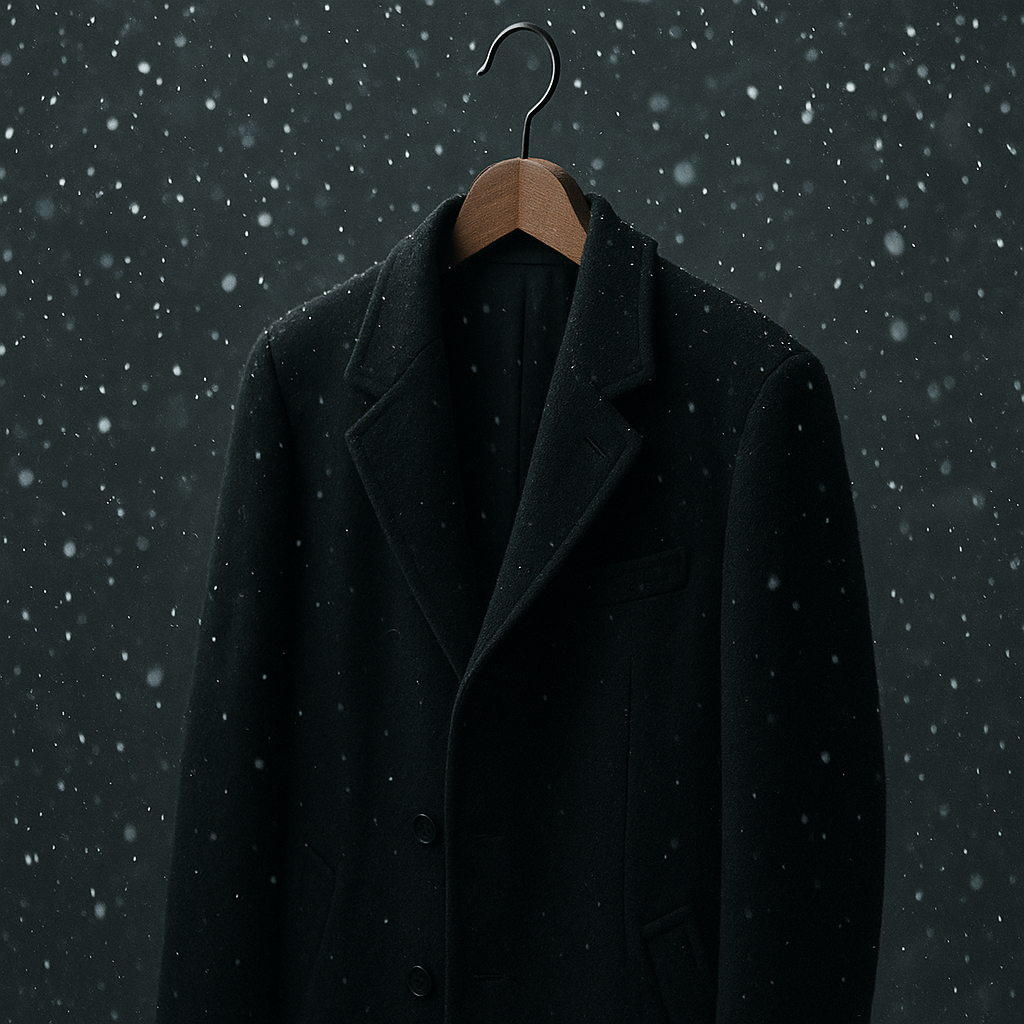
Last week, the cold had returned, and I decided to wear the coat to visit my sister. The air smelled like snow—quiet, heavy, expectant. When I was about to leave her house, I heard it: a sharp splat followed by laughter. I turned around—and froze.
Bright red paint. Splattered across the back of my coat.
My niece stood there, phone in hand, grinning as she filmed. “Relax,” she said, smirking. “It’s just for a video. You can buy another one—your husband’s rich anyway.” Then she shoved her screen toward me: ‘Smashing my aunt’s $15K coat with paint to see her reaction.’
I couldn’t move. My throat tightened. My sister just sighed and said, “Oh, come on, it’s a joke. She’ll be grounded for a week.”
A week? That was all?
As my niece kept laughing, something inside me went still. I didn’t yell. I didn’t cry. I simply pulled out my phone and started filming too—the coat, the paint, her smirk, my sister’s indifference. “You’re so dramatic,” my sister scoffed.
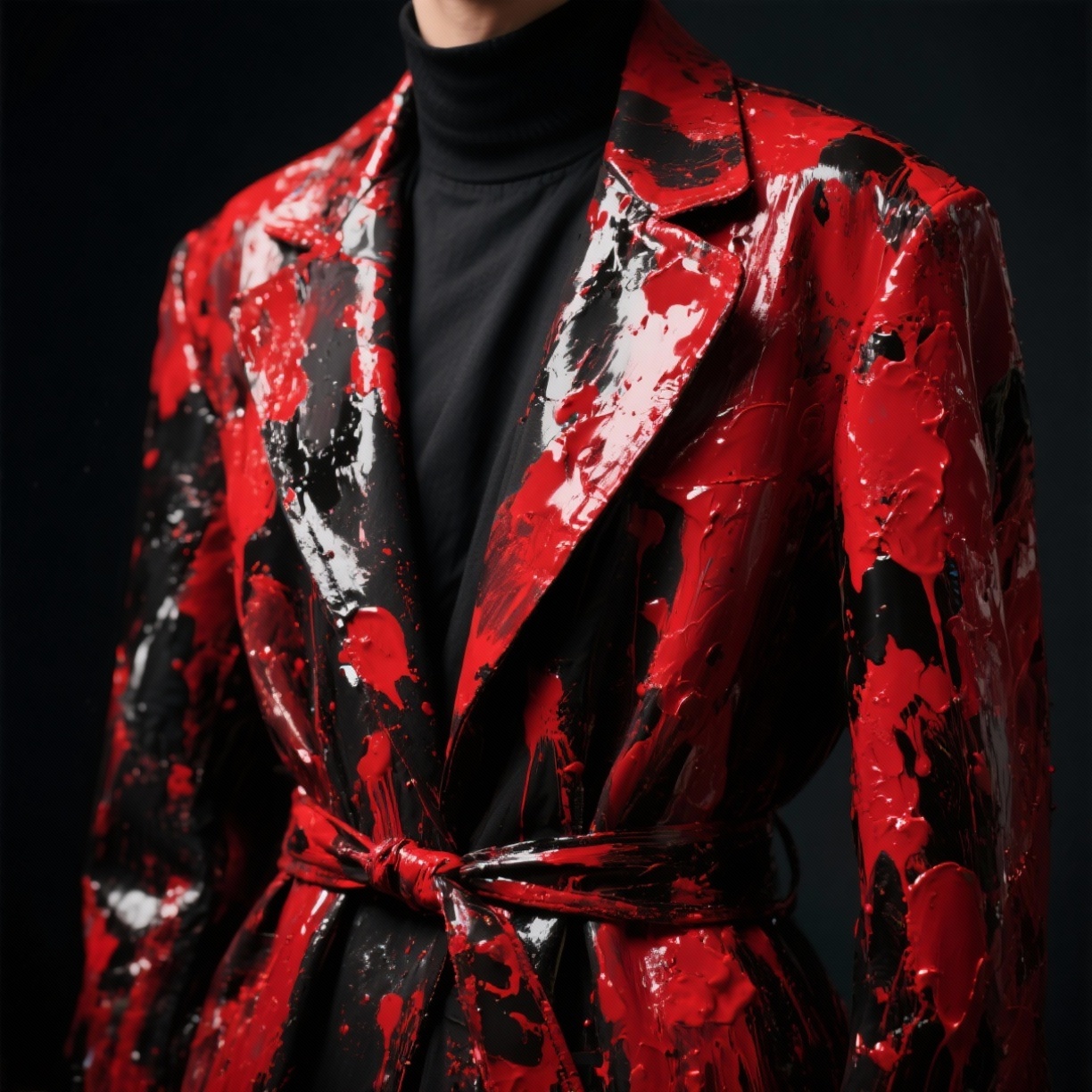
That night, I laid the ruined coat across my bed like it was something precious that had been wounded. My husband walked in and froze when he saw it. When I told him what happened, his jaw clenched. “She doesn’t get to walk away from this,” he said quietly.
The next morning, I sent the video to our private family group chat. No message—just the footage. Within minutes, outrage exploded. “That was Gloria’s coat,” one cousin wrote. “How could you let her do that?”
My sister tried to defend her daughter, saying it was “just a prank,” but no one was buying it. The anger wasn’t about the paint—it was about the disrespect. The lack of empathy.
But I wanted more than words. I wanted my niece to understand.
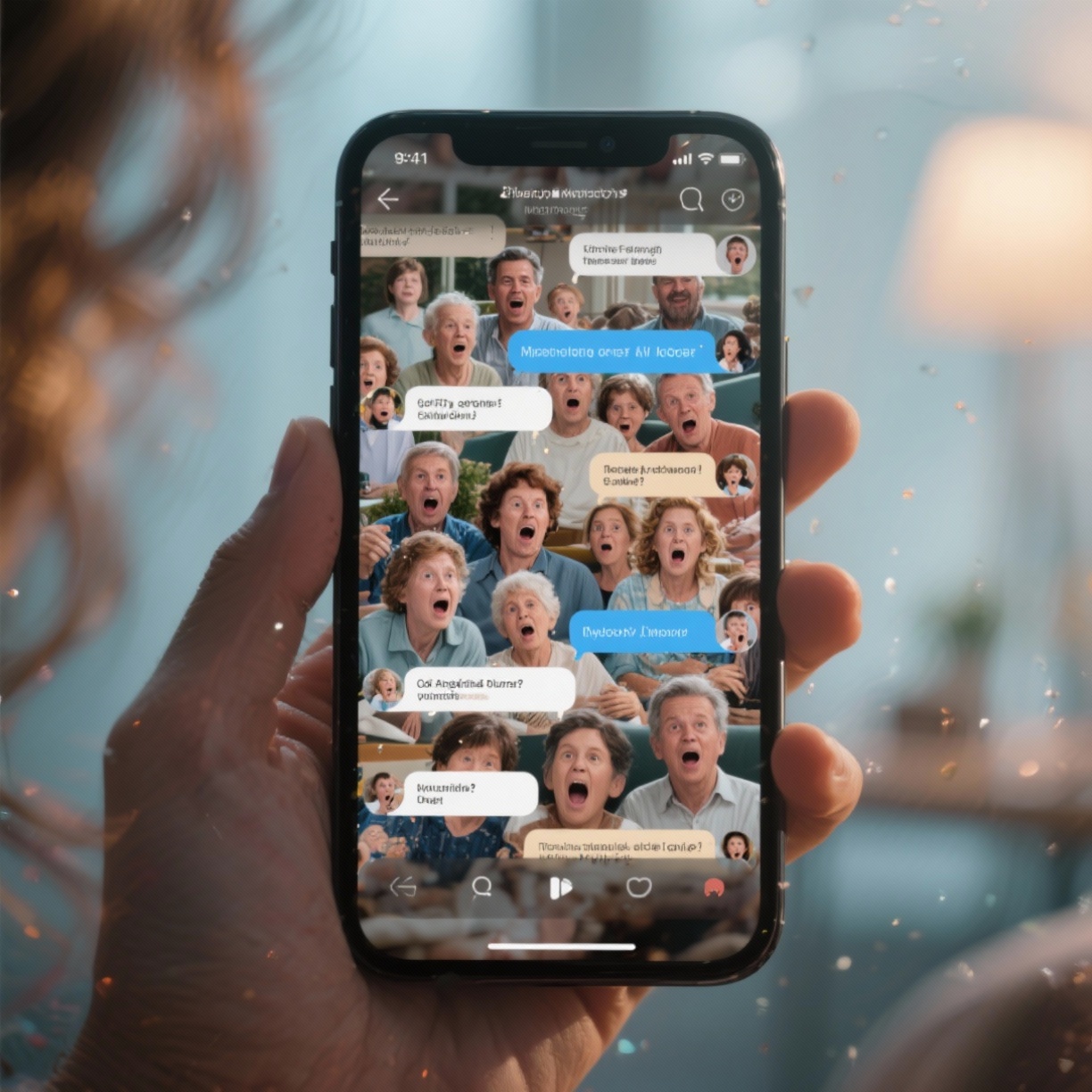
So, I called a friend who ran a local charity thrift store that offered community service hours for teens. “Bring her in,” he said. “We’ve seen kids like that—entitled until reality knocks them down a bit.”
My sister exploded when I suggested it. “You want her cleaning toilets over a coat? She’s fifteen!”
“No,” I replied evenly. “I want her to learn that someone’s grief isn’t a punchline.”
Under pressure from the entire family, she reluctantly agreed. My niece showed up, rolling her eyes, pretending it was all beneath her.
At first, she mocked the work—posting videos like ‘Serving looks while folding ugly clothes’. The staff banned her phone. Without an audience, her attitude began to crack.
By the third week, something changed. When I stopped by to drop off donations, I saw her quietly sorting through donated coats. She looked up, startled, then looked away, embarrassed.
A few days later, a handwritten letter arrived in my mailbox.
“Auntie, I know sorry won’t fix your coat. I didn’t care about anyone but myself, but now I see how wrong I was. People here are grateful for any coat, even torn ones—and I ruined the one that meant the most to you. I don’t expect forgiveness, but I want to earn it.”
I cried. Not because the coat was healed—it never could be—but because she was beginning to heal.
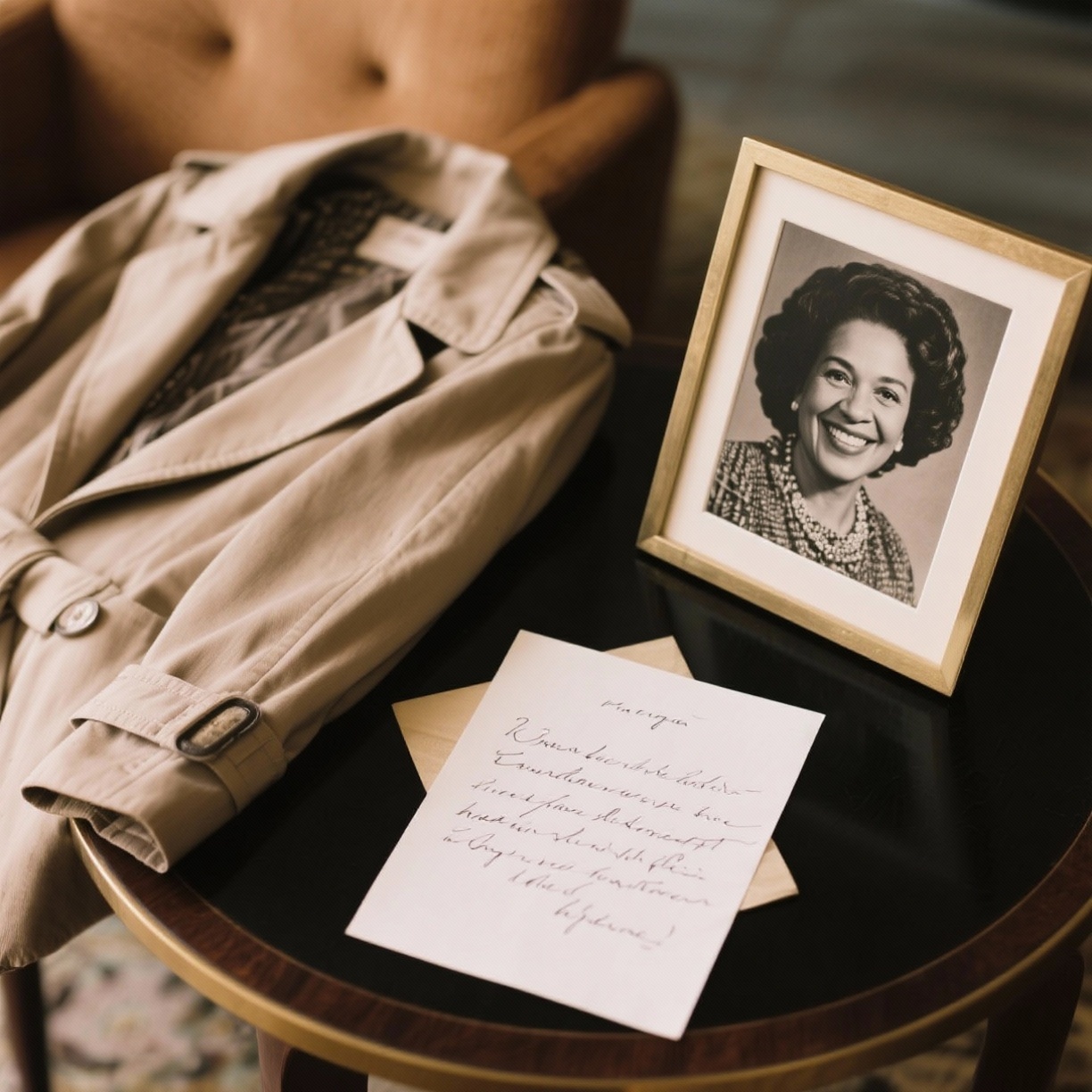
Then came the surprise. The charity called to tell me my niece had asked to keep volunteering. She wanted to run a coat drive in memory of Gloria.
On the day of the drive, I showed up and saw her handing out cocoa and greeting donors. She’d made a sign that read: “In memory of my grandma Gloria, who believed everyone deserves warmth.”
For the first time, I saw pride in her—real pride.
I never tried to restore the coat. Instead, I had a framed shadowbox made—a preserved swatch of the fabric, one of Gloria’s brooches, and a photo of her wearing it. It hangs on my wall now, a reminder that love and lessons outlast things.
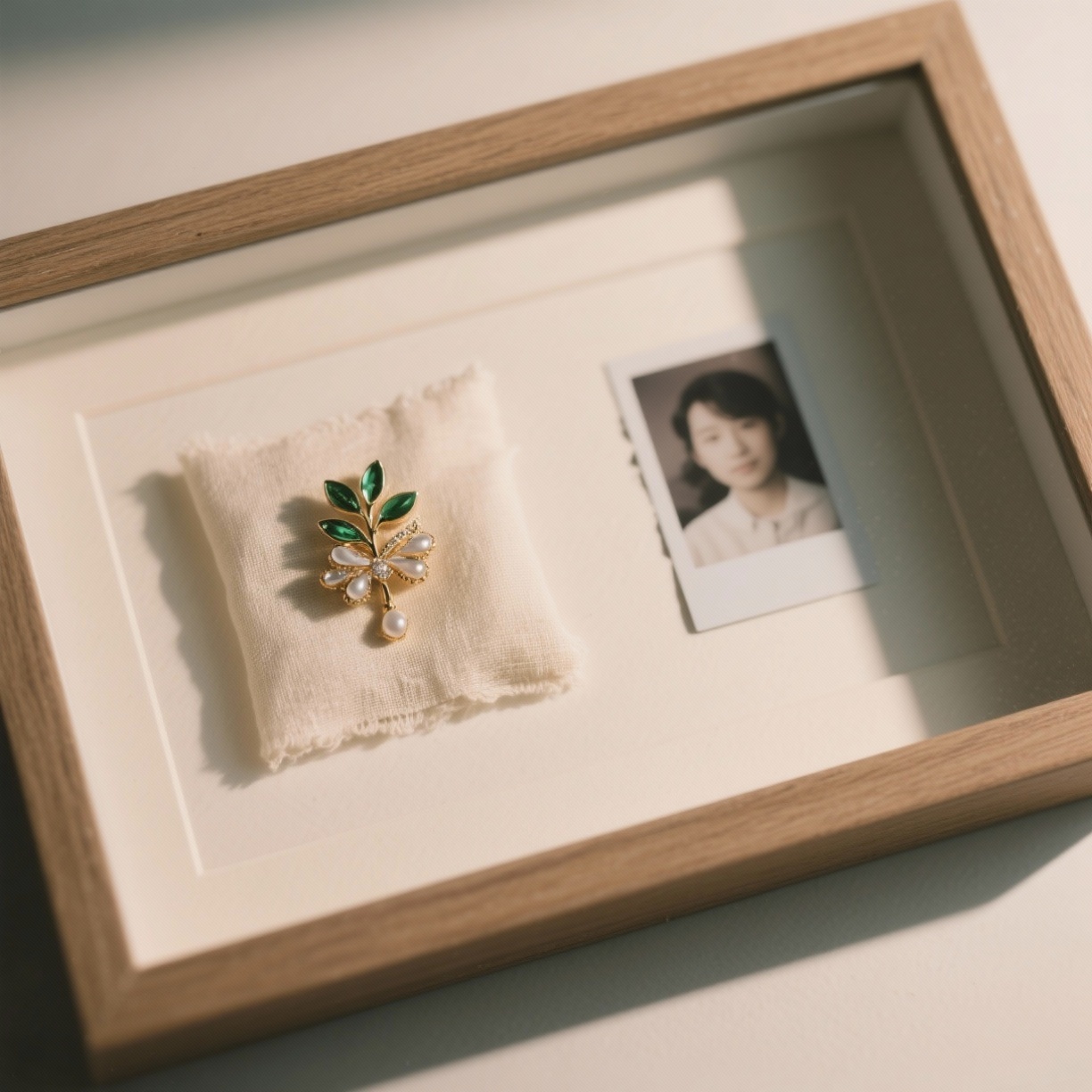
Since then, my niece has treated me differently. No more sneaky recordings, no more mockery—just quiet respect.
The coat was lost, but what grew from that loss was something better.
Sometimes life takes what we treasure most—not to punish us, but to remind us what truly endures. Fabric fades. Paint stains. But character can change.
I lost a coat, but I gained a better version of my niece. And maybe, just maybe, that’s what Gloria wanted all along.
So if someone disrespects what matters most to you—don’t shrug it off. Hold them accountable. Because sometimes, the hardest lessons plant the deepest roots.

